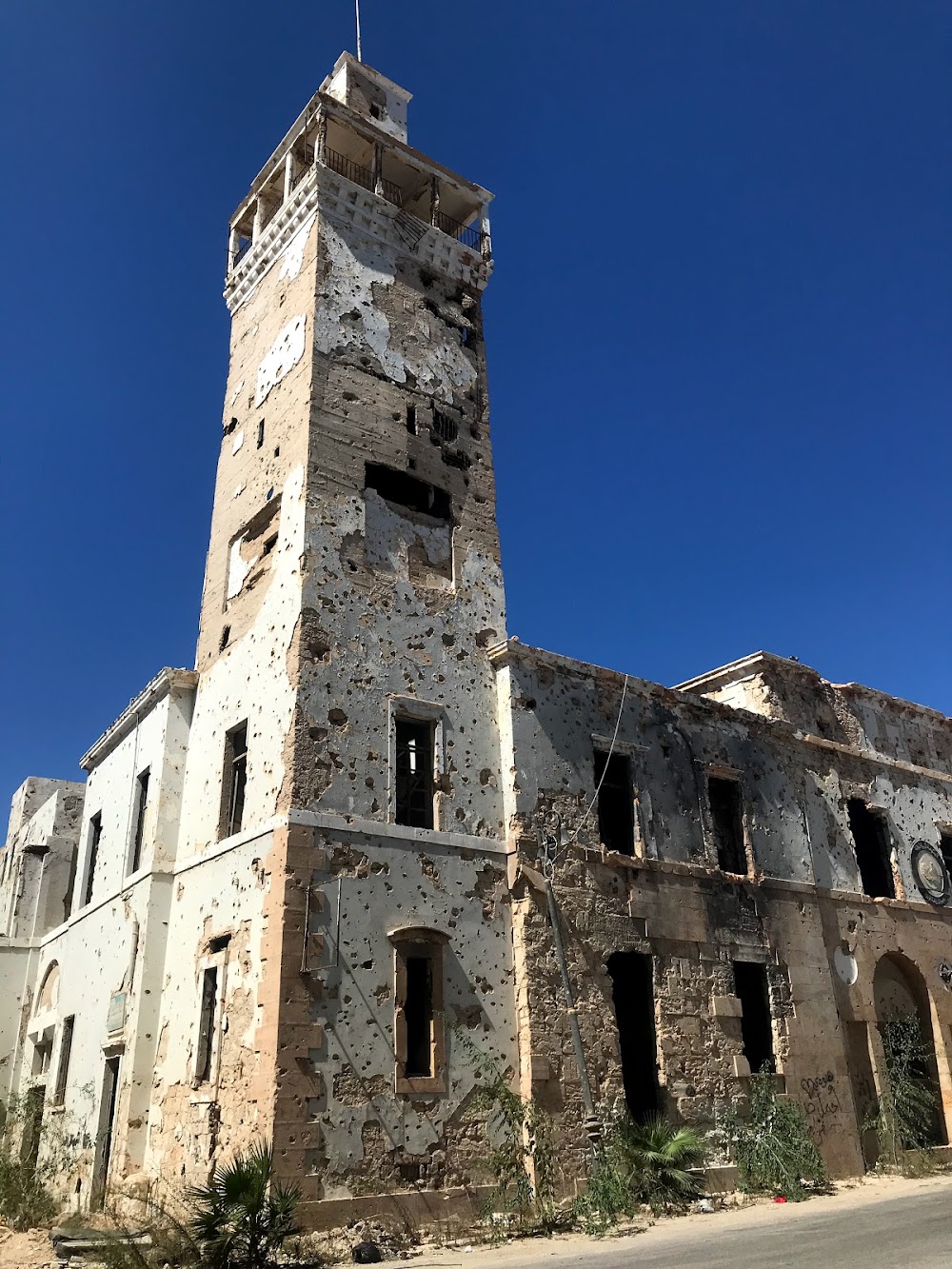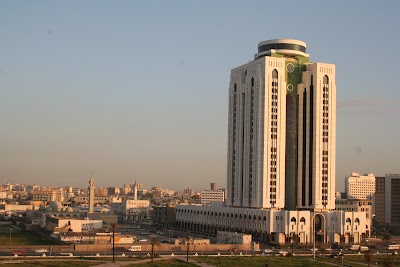Benina Archaeological Site (موقع بنينا الأثري)
Overview
**Benina Archaeological Site: A Journey Through Time in Benghazi, Libya**
Nestled in the heart of Benghazi, Libya’s second-largest city, the **Benina Archaeological Site** stands as a captivating testament to the rich tapestry of history and archaeology. This remarkable destination is a treasure trove of ancient relics, offering visitors an enlightening glimpse into the diverse civilizations that have shaped the region over the centuries. As a bustling metropolis, Benghazi serves as a guardian of historical wonders, with Benina being one of its most significant landmarks.
The **history of the Benina Archaeological Site** spans various epochs, including Greek, Roman, and early Islamic periods. Each era has left an indelible mark, contributing to the site's significance as an archaeological repository. Known for its strategic importance, this area has witnessed the rise and fall of numerous settlements and cultures, all of which have woven their narratives into the rich fabric of Libya’s past.
One of the most intriguing features of **Benina** is its remnants from the Greek era. The ancient Greeks established the nearby colony of Euesperides (modern-day Benghazi) in the 6th century BC, leaving behind a wealth of artifacts, including pottery, coins, and inscriptions. These relics provide invaluable insights into the daily life, trade practices, and religious beliefs of the time. As you stroll through the site, you can almost sense the presence of the Greek settlers who once called this place home.
Transitioning to the **Roman period**, the site reveals impressive ruins that showcase Roman architecture's grandeur and engineering prowess. When the Roman Empire expanded its territories around the 1st century BC, it embraced the Greek colonies in Libya. Visitors can explore columns and intricate mosaics that highlight the sophistication of Roman aesthetics and urban planning. This exploration deepens your appreciation for the craftsmanship and societal organization characteristic of Roman civilization.
The **early Islamic influence** on the site further enriches its historical narrative. As Islam spread across North Africa in the 7th century AD, the region witnessed a blend of new cultural and religious practices. Archaeologists have uncovered various artifacts from this era, such as ceramic wares and tools, which exemplify the Islamic imprints on Benina. These findings illustrate the significant cultural exchanges that occurred during this transitional phase from antiquity to the medieval period.
Visiting the **Benina Archaeological Site** offers more than just a stroll through ancient ruins; it is an immersive experience that connects you with the enduring human quest for knowledge and cultural exchange. Each artifact, ruin, and inscription tells a story of conquest, coexistence, and evolution. This open-air museum serves as a poignant reminder of humanity's resilience and capacity for growth throughout history.
For those eager to delve deeper into the site's historical significance, **guided tours** led by local experts provide an enriching experience. These knowledgeable guides share fascinating anecdotes and contextualize each finding, weaving together the nuances of the region’s history. Their insights enhance your understanding of how each artifact contributes to the broader historical narrative, making your journey through time even more captivating.
An exciting aspect of **Benina** is that it remains an active archaeological site. Ongoing excavations regularly uncover new findings, adding fresh layers to our understanding of the past. Visitors may even have the rare opportunity to witness an excavation in progress, providing a unique, hands-on glimpse into the world of archaeology.
Beyond its historical and educational allure, the **Benina Archaeological Site** is set against a backdrop of stunning landscapes. The juxtaposition of ancient ruins and the serene Libyan environment creates a tranquil yet awe-inspiring experience. As you explore the site, take a moment to revel in the natural beauty surrounding you, reflecting on the profound historical significance of the area.
In conclusion, the **Benina Archaeological Site** in Benghazi, Libya, offers a remarkable journey through time. With influences from Greek settlers, Roman architects, and early Islamic traditions, the site encapsulates the essence of human civilization’s evolution in this region. More than just an archaeological wonder, it stands as an emblem of cultural heritage and historical continuity. Whether you are a history enthusiast, an archaeology buff, or simply a curious traveler, visiting Benina promises a memorable and enriching experience that connects you with the ancient past while appreciating the timeless beauty of its remnants.




